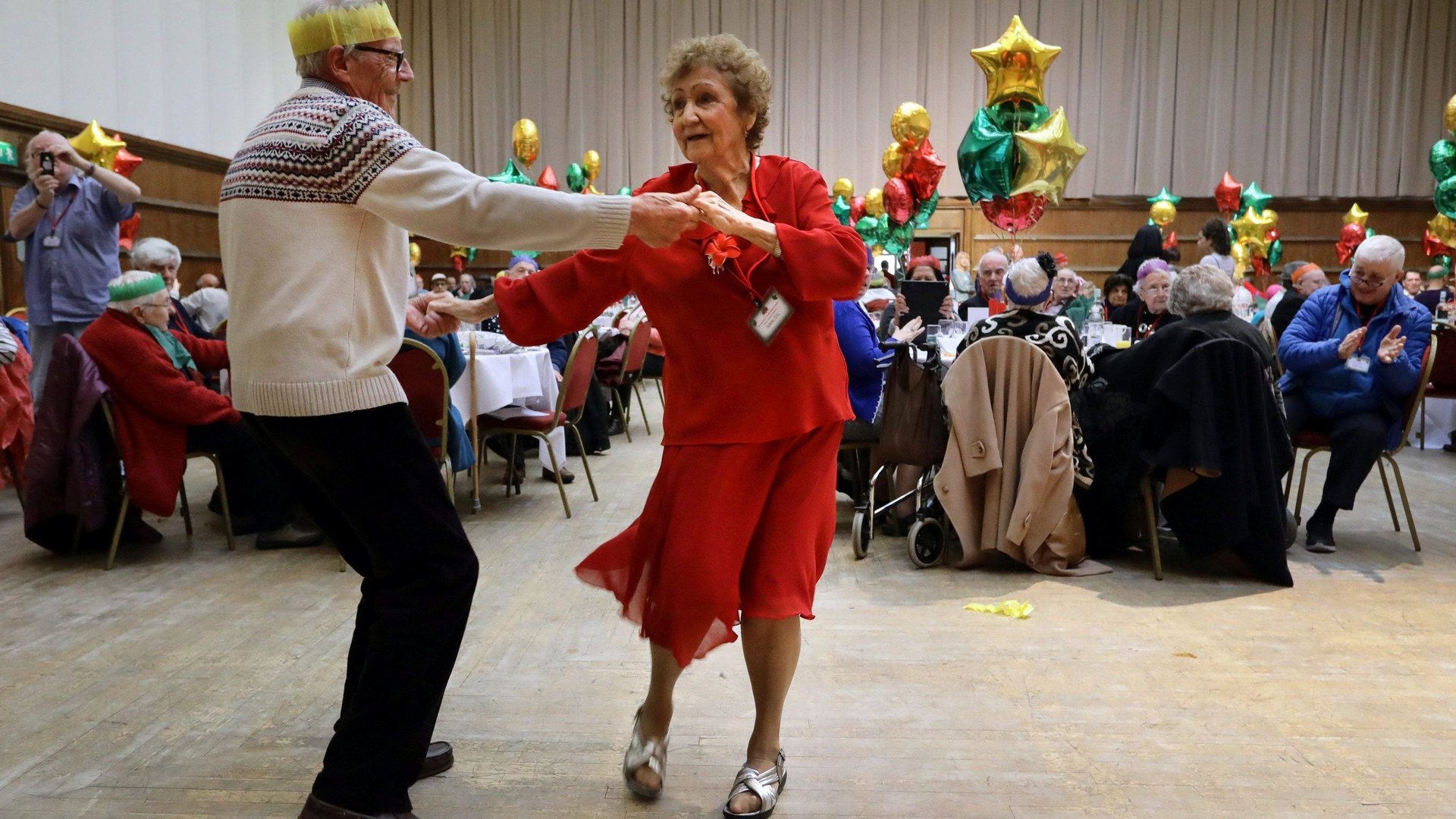Calling economies “menopausal” should be a compliment, not an insult
Ben Broadbent, deputy governor at the Bank of England, apologized this week for using the term “menopausal economy” to describe economies “past their peak, and no longer so potent.”


Ben Broadbent, deputy governor at the Bank of England, apologized this week for using the term “menopausal economy” to describe economies “past their peak, and no longer so potent.”
It was an insensitive comment. But Broadbent may be onto something. “Menopausal economy” could be a economic term—it even should be. It would just mean something different than what he describes. When I think “menopausal,” I think of several characteristics that define a particular kind of economy, a mature one with some special features. Here’s what that entails:
A menopausal economy is mature
The main difference between mature and immature economies is how they employ capital and labor. Mature economies, like the US and UK, have most people in formal jobs, armed with the machinery needed to do those jobs. Immature economies, like the Congo and Bangladesh, don’t do this. They still employ many people in unproductive places (think subsistence farming, or labor-intensive manufacturing) and miss out on labor and capital as valuable resources.
Menopausal economies, then, are in many ways like other developed economies. They have years of experience as workers and caretakers. They make full use of their means of production. They understand the importance of putting labor to work and know what they’re good at.
A menopausal economy is also not afraid to let the latest machines do the work, particularly when those machines can do a better job. A menopausal woman might favor Nancy Meyers-style kitchens full of useful gadgets; a menopausal economy, like Finland, automates its biggest industries because it improves productivity.
A menopausal economy is productive
So far, a menopausal economy sounds a lot like any other fully developed economy. But it is different in a few respects, and the primary one is that it’s extraordinarily productive. (Just like older workers, who, contrary to stereotype, tend to be productive, and can rely on wisdom and experience.)
In a menopausal economy, capital and labor are not only fully employed, they are allocated to their best use, like Germany’s labor reforms in the early aughts. Years of experience, coupled with large demands on its limited resources, mean a menopausal economy has to make the most of what it’s got. It also continues to find new ways to innovate and do things better
Other developed countries (which aren’t so productive) admire a menopausal economy’s innovation, but they rarely acknowledge it publicly. Instead, they copy that innovation and claim it as their own.
A menopausal economy runs hot sometimes, but always keeps it together
The other way menopausal economies are different from other developed economies: Sometimes they run hot. Unlike immature economies, which also heat up, menopausal economies don’t crash—even if they want to—because too many people depend on their stability. After an economic hot flash, a menopausal economy musters its policy wisdom and discipline to power through and avoid a destructive crash. (Admittedly, I can’t think of anyone who pulled this off—I guess no economy is fully menopausal.)
Financial markets tend to fetishize immature economies, with their fast and unstable growth patterns. But a portfolio of stocks from menopausal economies, with their stable, productive growth, ultimately offers a better risk-adjusted return.
Broadbent would be wise to not be seduced by the bloom of youth, and strive to make the UK more menopausal too.